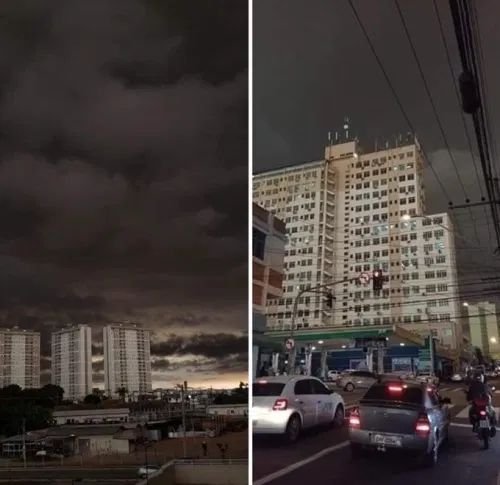
Massive wildfires, dangerous storms, and record-breaking temperatures along with pandemic, all had hit the planet in 2020 making last year pretty bad, as far as the global environment is concerned.
Psychologists even coined the term “solastalgia” to denote distress caused by environmental damage and loss. Climate despair is feeling with certainty that “we’re screwed,” that the worst impacts of climate change are inevitable and can no longer be stopped.
But falling into climate despair, or a sense of fatalism about the planet, is counterproductive, argues University of Toronto political scientist and environmental policy expert Matthew Hoffman.

In a new essay, Hoffman argues that there’s reason to hope for the environment in 2021 — and that doing so will be far more productive.
Hoffman argues that there’s room for optimism about the climate this year. As evidence, he cited the increased popularity of climate movements like Greta Thunberg’s Fridays for the Future, the Sunrise Movement, and U.S. President-elect Joe Biden’s promise to rejoin the Paris Agreement.
Contrasting those movements against recent drops in the value of oil, he argues there’s reason to believe that we’ll see greater use of clean energy and environmental progress in the near future.

The news on climate impacts and climate science may feel like a march of doom, but climate scientists argue that it’s not too late to act and there is uncertainty in the extent of climate impacts we have guaranteed ourselves. We have not reached the point of no return.
Reference- The Conversation, Inverse, Mashable, Futurism, Forbes






